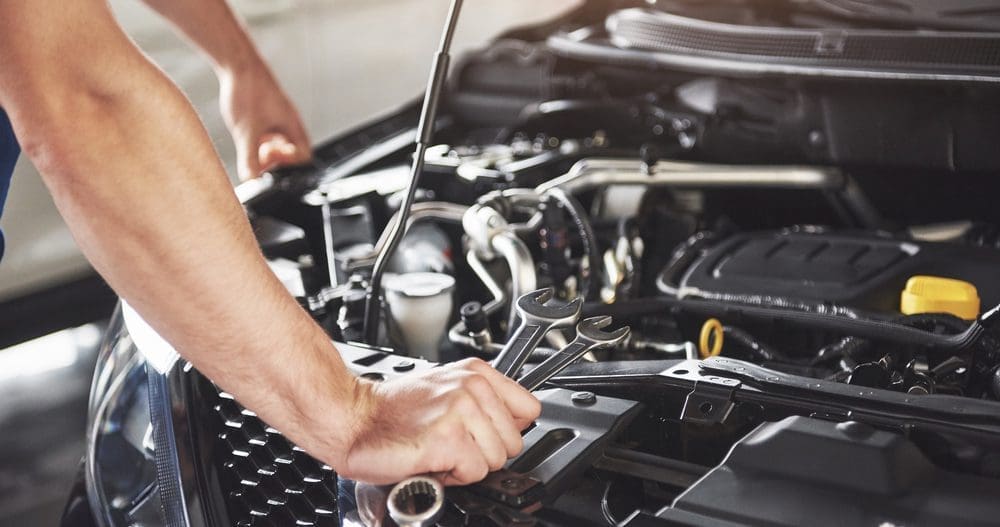Categories


Your 9-year-old car is suspiciously clicking. It’s the CV axle…and joint. Your trusted mechanic promises it’s regular wear-and-tear and you needn’t be concerned about the $675 to get your wheels back on the road. Then, two weeks later it’s $400 for the brakes. Kent-the-Super-Mechanic points out this is just more wear-and-tear. Man, all this wear and tear — maybe a new car is in order.
If you feel like you are buying a new car one piece at a time, maybe it is time to just cut your losses and find something else. But if you are frugal, you may want to get the most out of what you are driving. SC Telco can help take the guesswork out of deciding whether to repair that clunker or replace it.
How to Decide Whether to Repair or Replace Your Car
Step 1: Find out how much it will cost to repair your vehicle
Take your car to a trusted, reputable mechanic. If you do not already have one, ask around. It might also be worth having the car thoroughly looked at to determine if you should anticipate more problems sooner than later. Ask your mechanic if there are ways to cut costs on the repair. Often times, auto salvage yards are a great resource for used parts.
Next, refer to the Kelly Blue Book or Edmunds to compare the value of your car with and without the repair. Will the cost of the repair be fully covered by the increase in the car’s value? If so, you are more likely to recoup what you spend on the repair should you need to sell or trade-in your car later.
Step 2: Weigh your options
The next step is to compare the cost of repairing against the cost of replacing. The answer is not always black and white. A good rule of thumb is if the repair either a) costs more than your car is worth, b) costs more than the increase in value to your car, or c) the repair is more than a year’s worth of car payments, it might be best to consider shopping for some new wheels. This option is solidified further if you think there may be more problems and repairs coming down the pike.
On the other hand, buying a new car is almost always more expensive than repairing the car you already own. Even if you can sell your car and apply the money towards the new car, you will need to consider monthly payments, increases in taxes and insurance, etc. If the extension in the life of your car is longer than it’d take you to pay off the amount of the repair in a car payment, then repairing is a good option.
Step 3: Consider your specific needs and budget
As we mentioned, there is no one-size-fits-all decision when it comes to repairing an old vehicle versus purchasing a new one. Everyone’s situation is a little different. Even if the car seems worth taking a risk for, you may wonder about the hidden costs of having it back in the shop from time to time. Will it cost you in wages or time away from the office? Will its frequent repairs be an inconvenience to your family? Is your teenager the primary driver of this vehicle and causing you concern for her safety?
If these questions nudge you toward purchasing a new or pre-owned vehicle, then know your budget and how much you can afford for a monthly car payment. If you need assistance answering these questions, an Spero specialist can walk you through this process.
If you and your mechanic determine that repairing your vehicle is the most cost-effective solution, but the repair is more than you have on hand right now, Spero can tide you over with a low-interest personal loan to help make the repair.
However, if it’s in fact time for a new car, Spero is an excellent place to get a great rate on a new or used car. Call or come in today for an appointment with one of our specialists and we’ll help you choose a car loan that best suits your needs.








